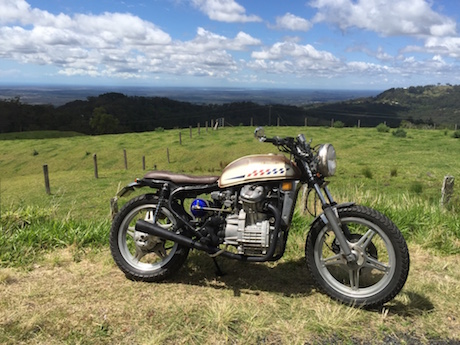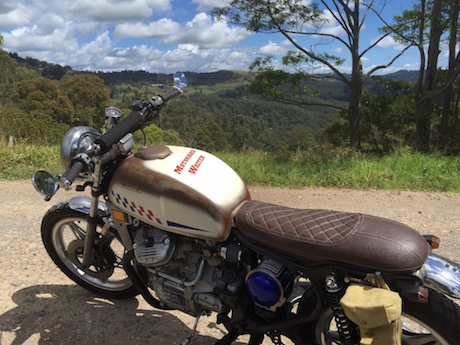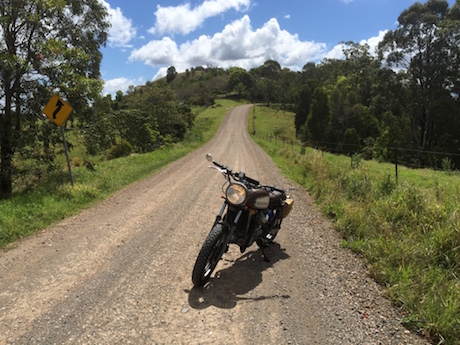Modern motorcycles and helmet bluetooth systems could be depriving riders of that innate sense of mechanical sympathy with their bike.
Older riders will be familiar with the term “mechanical sympathy”. It referred to the rider/driver/user being careful with their machine, protecting and nursing its weaknesses and vulnerabilities.
These riders gently warmed up their machines, changed gears at optimal revs to ensure there was low load on the dogs and listened carefully for any changes in engine sounds that would give an early indication of required maintenance.
However, modern fuel-injected bikes don’t need warming up. Just get on, hit the ignition and go. They actually work better like that.
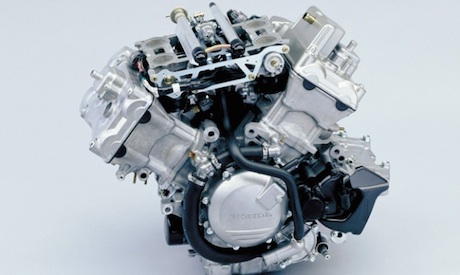
Modern motorcycle engines also have sealed-for-life parts that require no maintenance or attention, so the rider doesn’t get to know their engine.
Modern motorcycles are also very reliable and take the stresses and strains of incompetent or unsympathetic riders.
Many modern riders are no longer listening to their motorcycles, anyway. They are instead tuning into their helmet bluetooth headsets and listening to music.
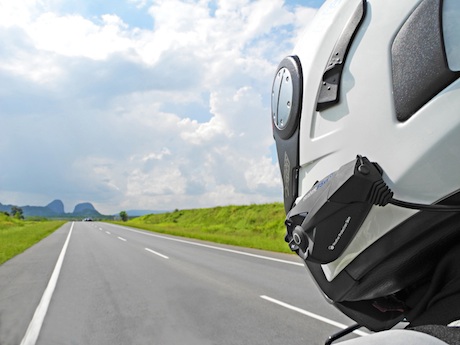
I admit to being one of the latter.
Even a juicy exhaust or intake note becomes boring after a while and I’ll turn to music to pass the time on a ride.
However, recent rides on our 35-year-old Honda CX500 project bike have rekindled my mechanical sympathies.
The gearbox is a little worn and tends to jump out of some cogs or refuse to go into others.
Without a tachometer, you have to listen to and feel the revs, changing gears at the optimum time.
You also have to listen to the engine and try to nurse it along so it doesn’t become laboured or over-revved.
I’ve found it doesn’t have a one-note song from the exhaust or the twin exposed air filters, but actually a multi-noted symphony that you have to listen to for a sour note which could be a clue to something going wrong.
It may sound like a pain, but it is an absolute delight.
With a little care and mechanical sympathy I have been able to take the bike up steep ascents and across gravel roads that I wouldn’t have thought possible, given its mechanical shortcomings.


